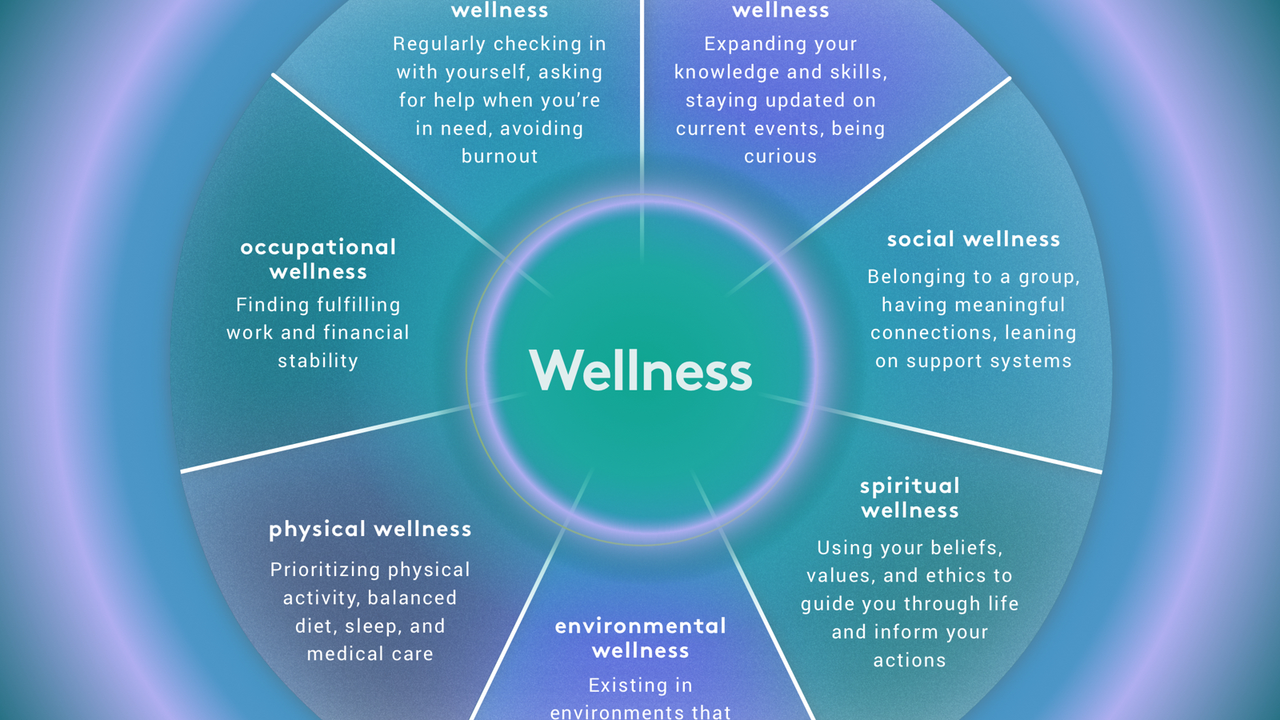Mental Health: Simple, Real Things You Can Do Today
Mental health isn't some distant idea—it's how you feel, think, and handle daily life. If you've felt overwhelmed, low, anxious, or just off lately, you're not alone. This page gives clear, useful tips you can try now, plus signs to watch for and when to ask for help.
Small habits add up. Start with sleep, movement, and food. Aim for a consistent sleep time, even if it's just going to bed 15 minutes earlier. Move your body in ways you enjoy—walk, dance, stretch—because activity lifts mood and clears the head. Eat regular meals with some protein and vegetables; hunger and blood sugar crashes make emotions harder to manage.
Manage stress and anxiety with practical steps
When stress spikes, use quick tools: breathe slowly (inhale 4, hold 2, exhale 6), name five things you can see, or step outside for five minutes. Those actions calm your nervous system fast. For longer-term anxiety, try building a routine: set predictable times for work, breaks, and sleep. Break big tasks into tiny steps—completing a 10-minute piece feels better than staring at an entire to-do list.
Keep a simple mood check. Once a day, ask: How am I feeling? What triggered this mood? What one small thing would help me right now? Writing these answers for a week makes patterns obvious—maybe social media, a relationship, or a habit like losing sleep is affecting you more than you thought.
Social media, friendships, and boundaries
Social apps can be useful, but they also mess with mood. If scrolling leaves you tired or comparing yourself to others, set limits: use app timers, mute accounts that trigger you, and schedule phone-free times. If a friend stops liking your posts or seems distant, the issue is often more about timing or stress than you. Talk directly when it matters: ask, don’t assume.
Boundaries protect your mental space. It's okay to say no, to take time alone, or to stop conversations that drain you. Good boundaries improve relationships because they reduce resentment and set clear expectations.
When should you get professional help? If low mood or anxiety lasts more than two weeks, if sleep or appetite changes a lot, if you have trouble at work or with daily tasks, or if you’ve had thoughts of hurting yourself, reach out to a mental health professional right away. A clinician can offer therapy, tools, or medication if needed.
Start small and be kind to yourself. Fixing mental health isn't a one-time fix; it's a series of small, steady steps. Try one tip from this page this week and notice the change. If things feel heavy, asking for help is a smart, strong choice—not a weakness.
Mental Health Support in Schools - Why emotional wellbeing should be a priority
Hey folks! Let's chew the fat on a topic that's really close to my heart - "Mental Health Support in Schools". Now, I don't know about you, but I think it's high time we put the spotlight on emotional wellbeing in schools, just like we do with other subjects. I mean, why should algebra get all the attention, right? Jokes aside, emotional health is a biggie and we need to make it a priority because it's the foundation for our kiddos' future, their resilience, and overall happiness. So, let's rally for more mental health support in schools, because happy kids make happy adults!

 Cricket
Cricket